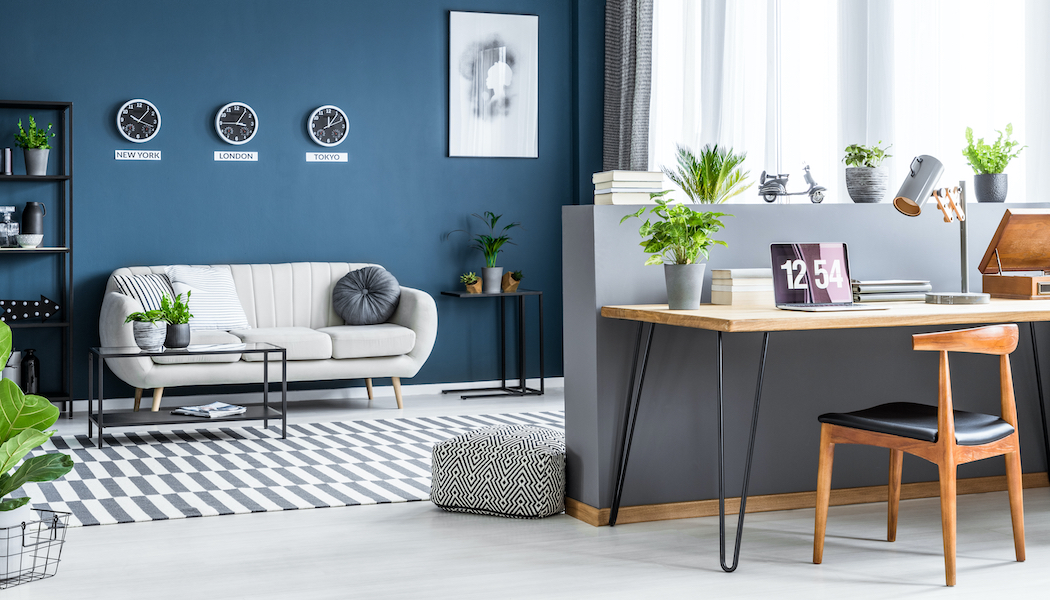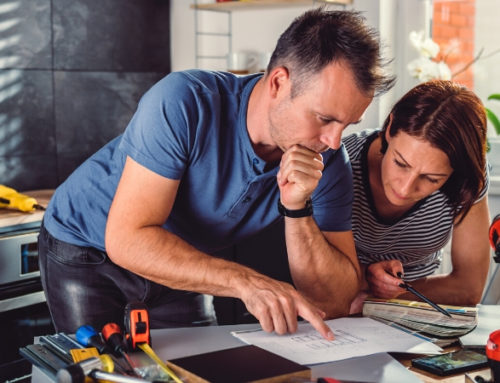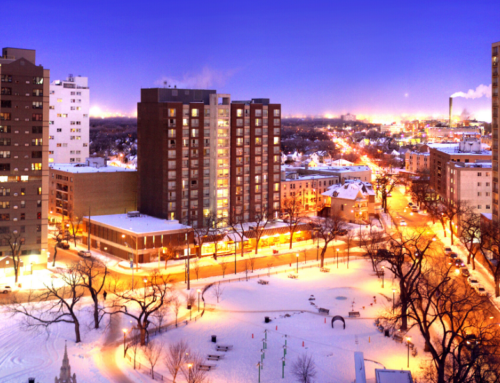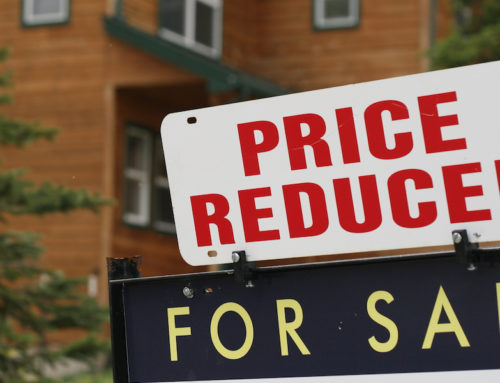After much speculation and trepidation about the new mortgage qualification rules that took effect in 2018, it appears that plenty of prospective homebuyers still intend to buy a home this year.
We took to Facebook to ask our followers if they still plan to buy a home, in spite of the policy changes. Eighty per cent said they do, while 20 per cent are delaying their move.
While home ownership is a great way to build future wealth, it’s not for everyone. Ultimately, the decision to buy a home is a very personal one that depends on a number of factors, such as your finances, future plans and overall comfort level. The good news is, professional real estate agents, mortgage brokers and real estate lawyers are there to advise you before you dive in.
To help get you thinking about whether home ownership is right for you, here are five important questions to ask yourself.

Do I earn enough money to buy real estate?
In order to buy a home, you’ve got your up-front costs, which can include things like your deposit, downpayment, home inspection and appraisal fees, property insurance, Land Transfer Tax, title insurance, legal fees and moving expenses. Click HERE to get into the nitty-gritty of these costs.
Then, there are your ongoing costs that include property tax, regular maintenance, condo fees and utilities. If you’re saving some money up-front by buying a fixer-upper, also factor in renovation costs.
Here are some strategies to spend less, and save more.

Do I have too much debt?
Lenders evaluate your costs versus income to determine your mortgage qualification. Your Gross Debt Service ratio is your housing costs (mortgage principal and interest + property taxes + heat + 50% of your condo fees, if applicable) divided by your pre-tax income. The result should be 32 per cent or less.
Then, lenders look at your Total Debt Service ratio: all debt (GDS + car payments + alimony + other loans + the remaining 50% of your condo fees) divided by your pre-tax income. This should be less than 40 per cent.
Click HERE for to calculate your GDS and TDS.

Am I secure in my job?
Think about this honestly. Is business bustling? Is the industry on an upward or downward trend? Are you comfortable with the financial commitment of home ownership?
Speak to your supervisor to get some additional insight. Mortgage lenders like to see stable employment, and you’ll need to provide proof of income in the form of an employment letter or current pay stub, your position and length of employment, and if you’re self-employed, Notices of Assessment from the Canada Revenue Agency for the past two years.
Click HERE to find out what else mortgage lenders look for.

Am I sticking around?
Historically, real estate has been a great long-term investment. Ask your parents how much they paid for their home 30 years ago, and compare that to the home’s value today. On the other hand, a quick sale can mean financial losses if the home’s appreciation doesn’t surpass closing costs, which are estimated at 1.5 to five per cent of a home’s value.
Typically, the magic number to stay in the home before putting it back on the market is five years – hence the five-year plan.

Do I want to buy a home?
People buy homes for a slew of different reasons. Home ownership is a method of forced savings for retirement and future generations, while also fulfilling the basic need of providing you shelter. It’s also a great source of pride for many.
It’s a place to live, but also the lifestyle that comes with it. What does “liveability” mean to you? Picture yourself in five years. Do you plan to relocate at some point? Where will you work? What’s your family structure? Then, consider how home ownership fits into that vision.
Click HERE for more on buying versus renting.









